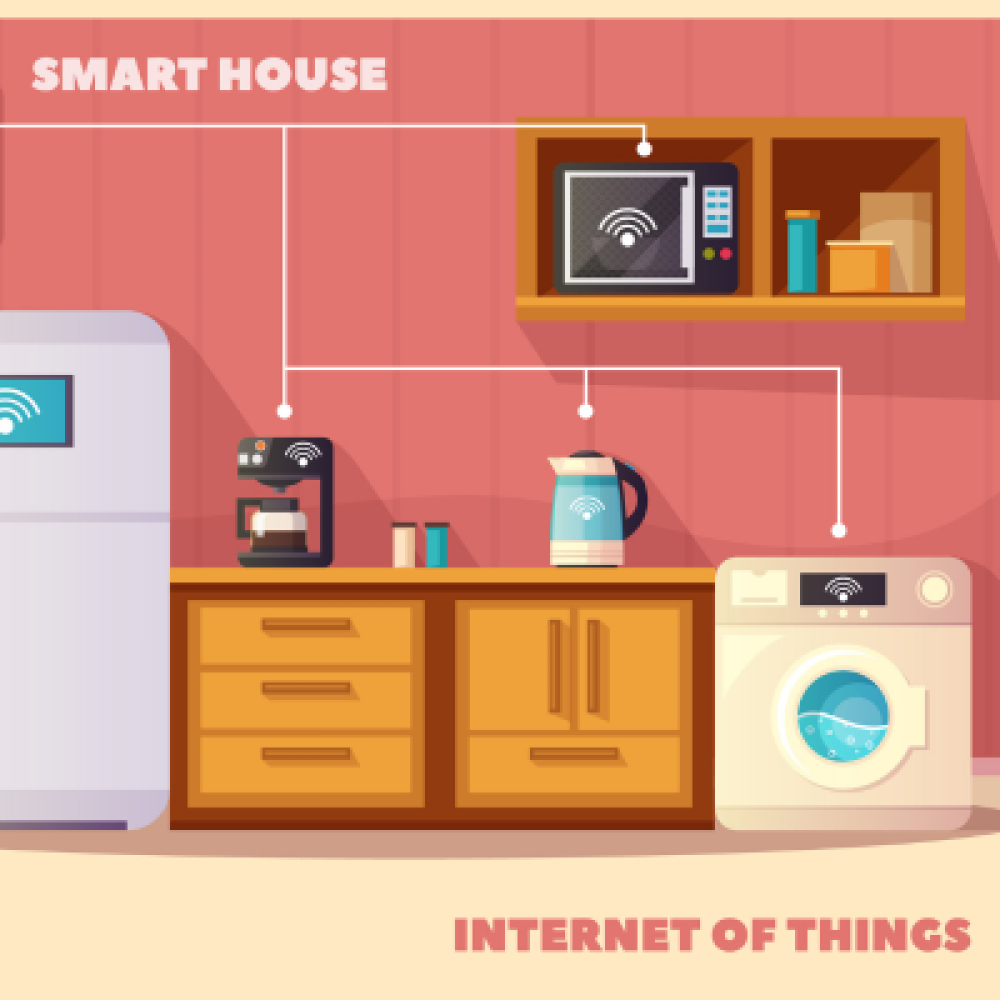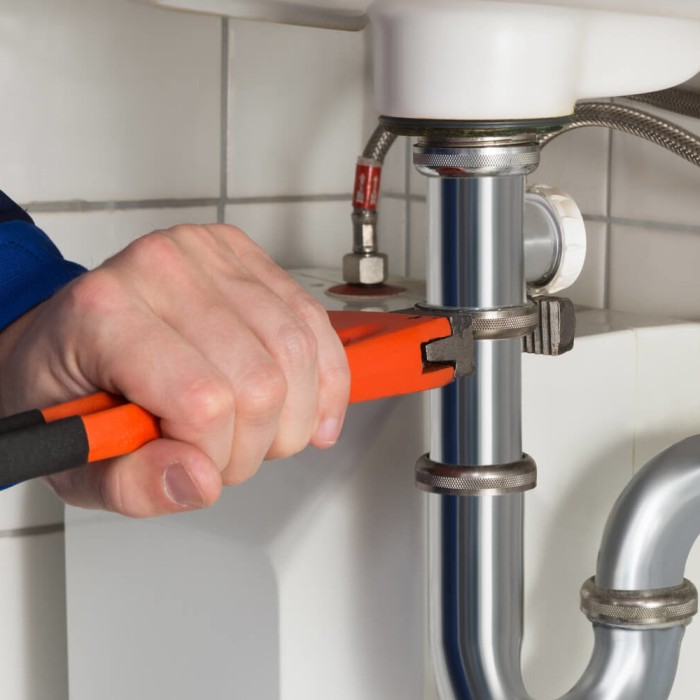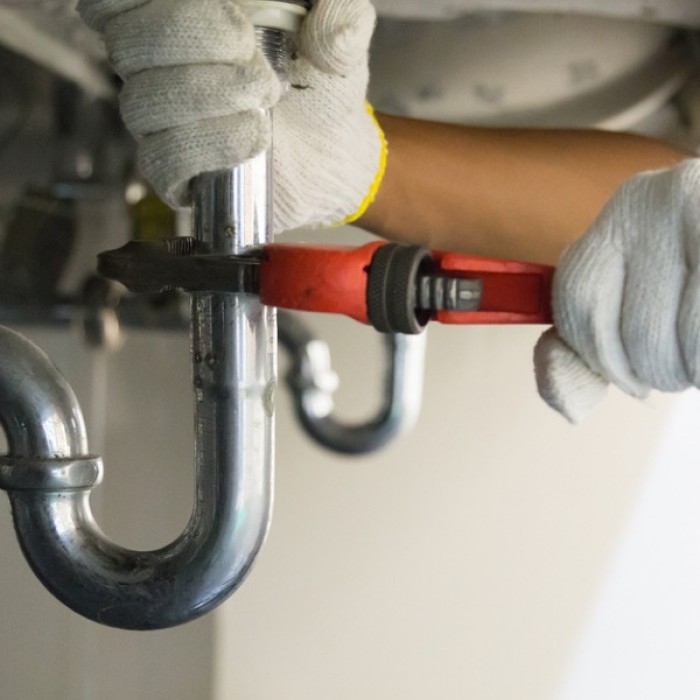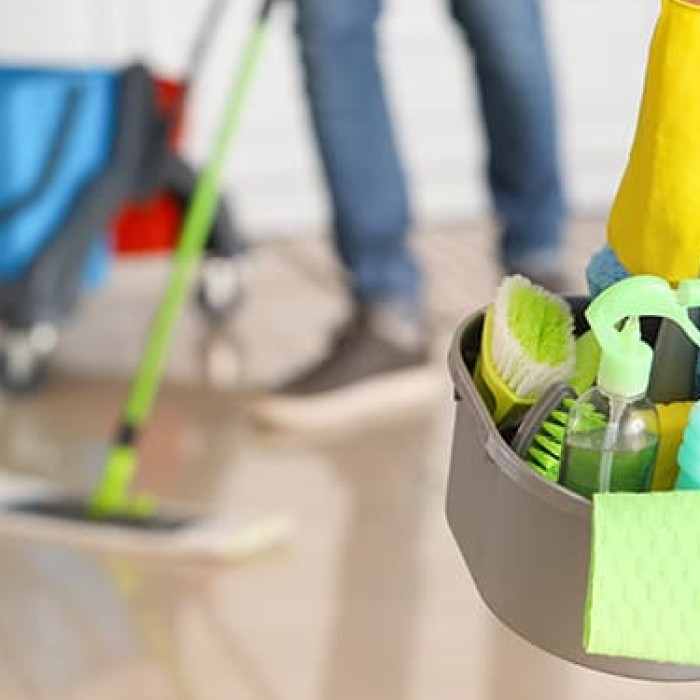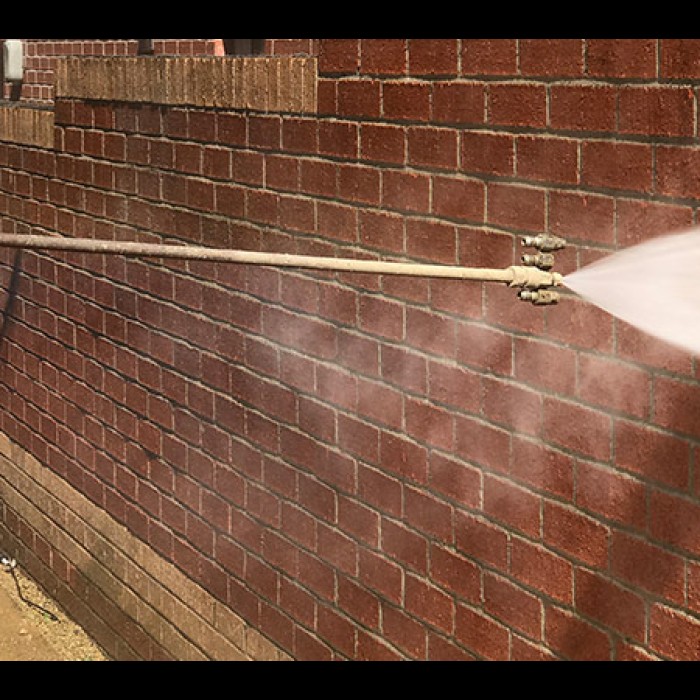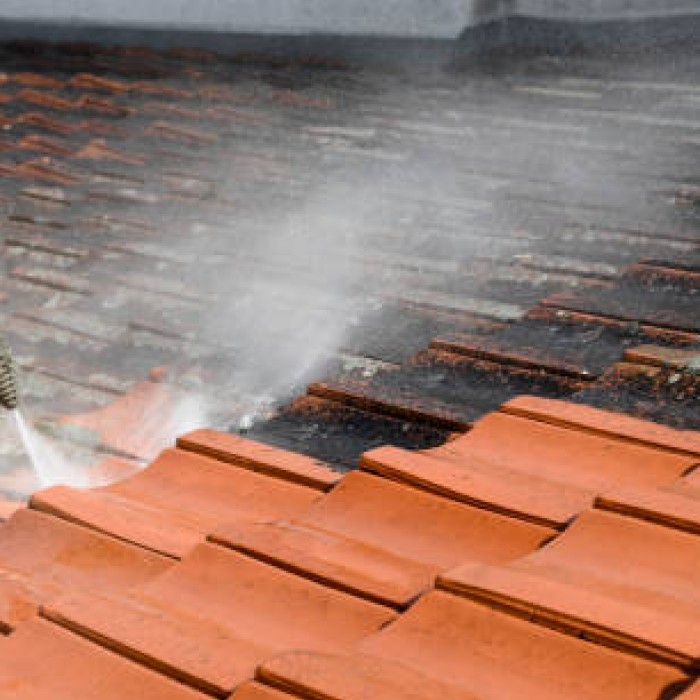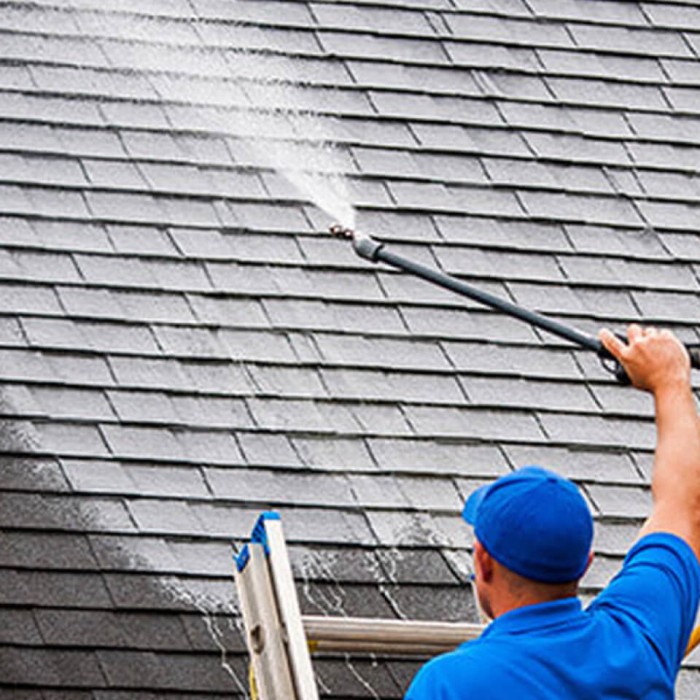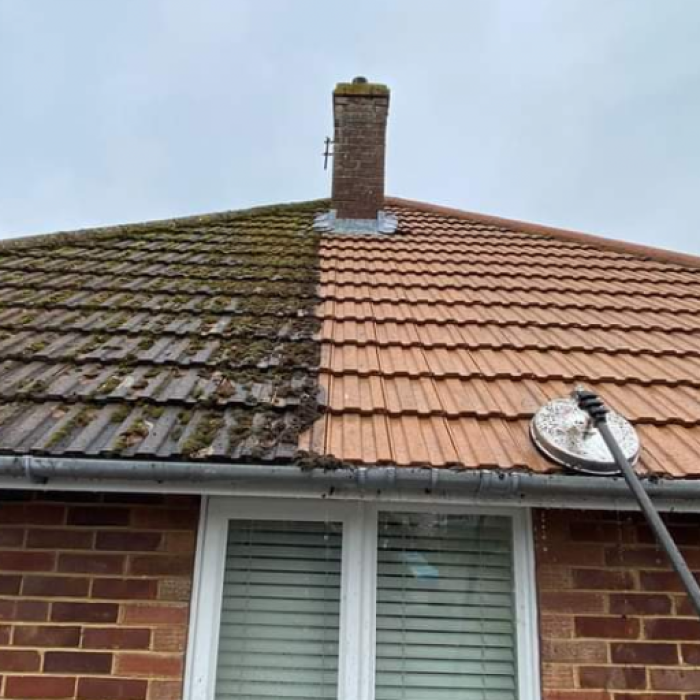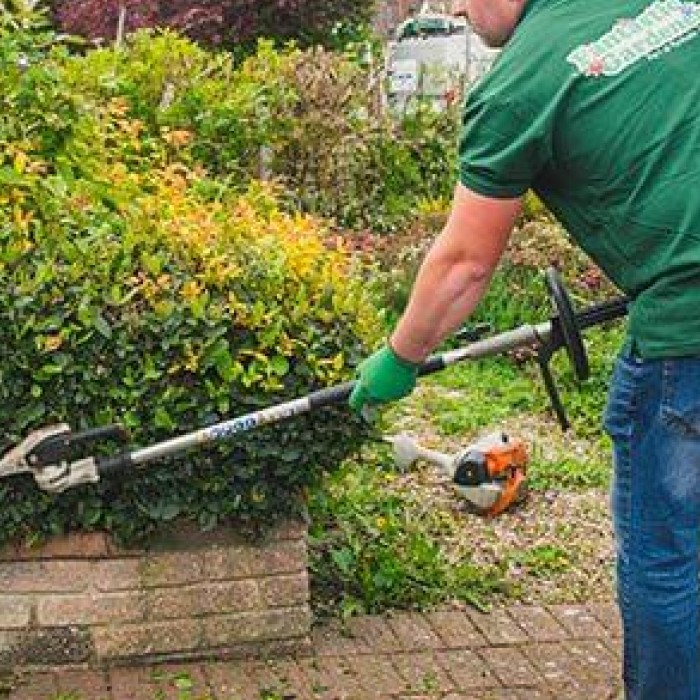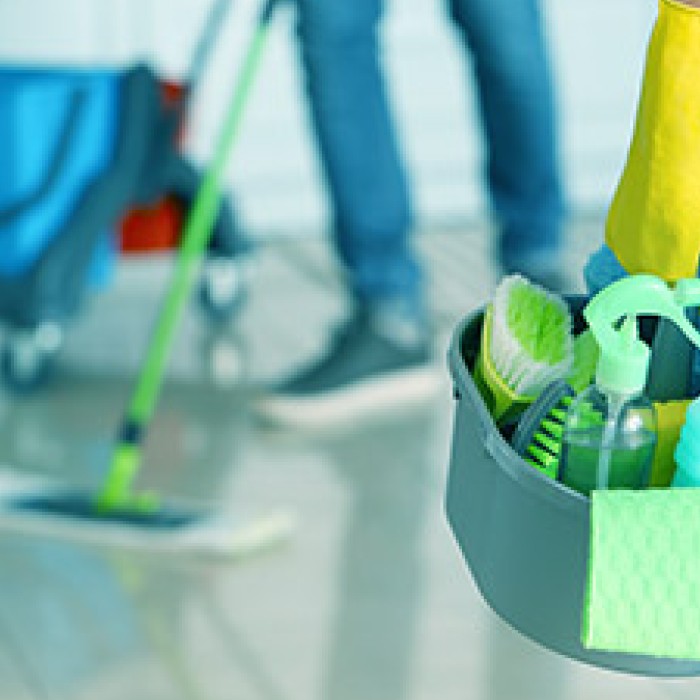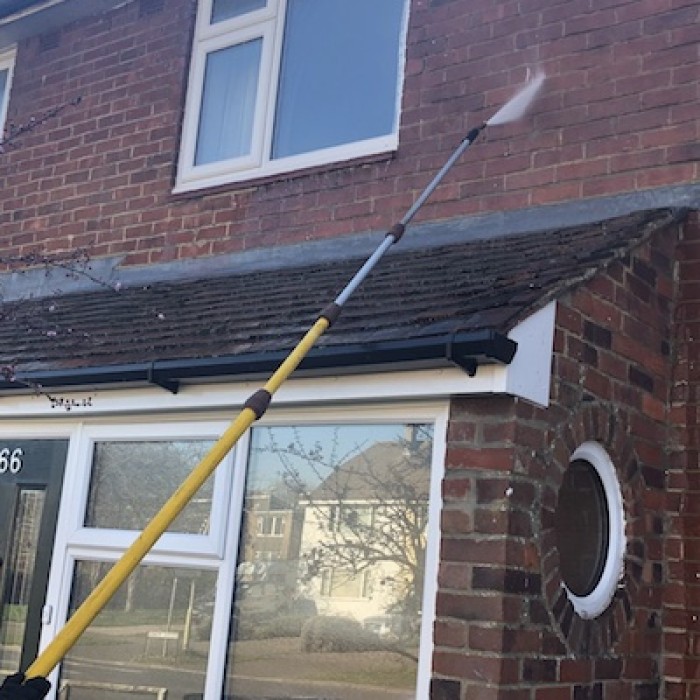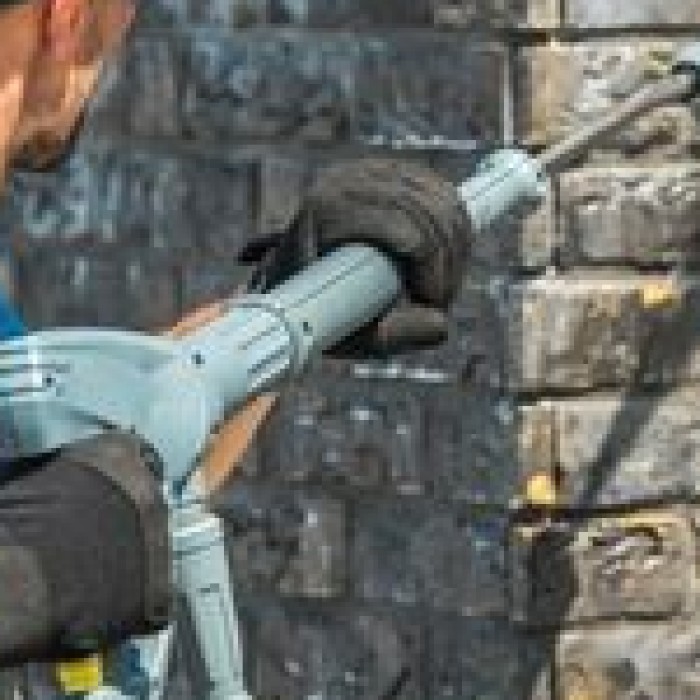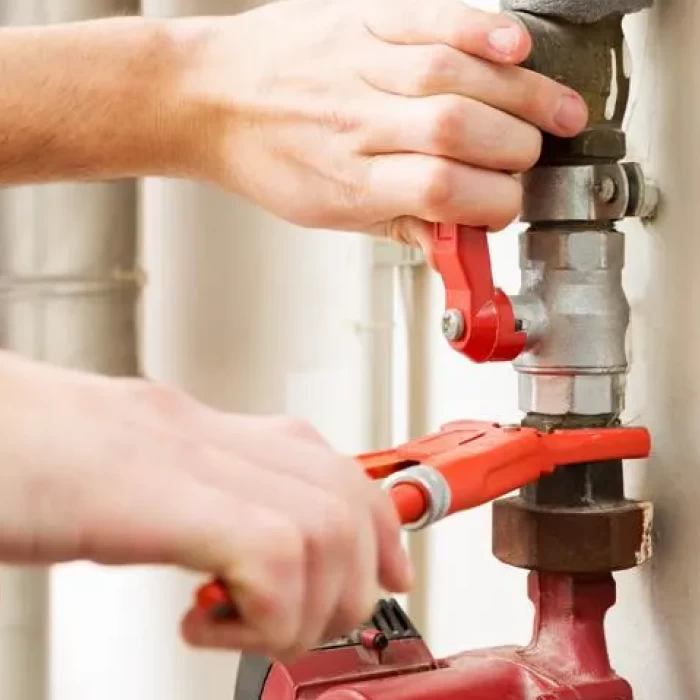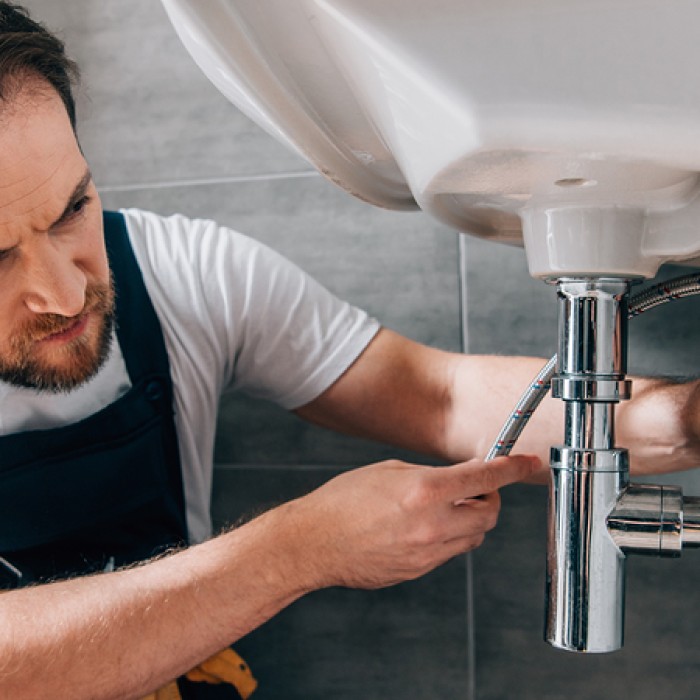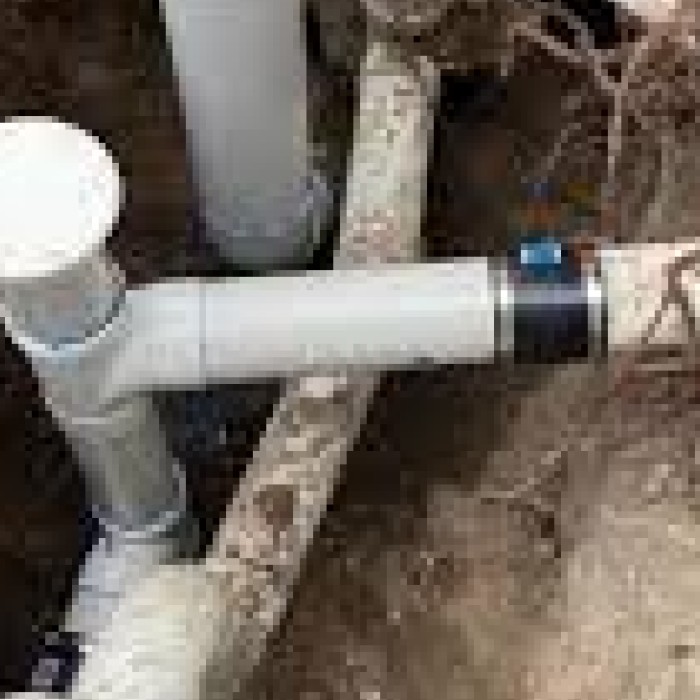How to protect your home appliances by understanding more about electricity
How to protect your home appliances by understanding more about electricity
When it comes to our daily lives, electricity is an indispensable force that powers our homes and enables us to enjoy the comforts of modern living. However, many of us take this powerful energy for granted, often unaware of the potential risks it poses to our home appliances. Understanding the intricacies of electricity and its interaction with our devices is crucial in order to protect them from damage and extend their lifespan. This is in conjunction with understanding the device, which obviously cannot be explained in this blog as there are innumerable number of electronic devices.
Properly grounding your devices, using surge protectors, and managing electromagnetic interference are just a few of the proactive steps you can take to shield your valuable investments. Whether you are a tech-savvy homeowner or just starting to explore the world of electricity, this blog will equip you with the knowledge you need to protect your home appliances and ensure their longevity. By staying informed and implementing preventive measures, you can enjoy the full benefits of your devices while minimizing the chances of unexpected breakdowns.
Things to know about your home grid to help keep your appliances safe
Following are certain things that you need to know about your residential electric system/home grid and its relationship to your devices so that you can keep using your devices for a long time.
Know the device specifications
All electronic Devices & Appliances are designed to operate only within specific voltage ranges, and exceeding these limits can lead to irreparable damage to them. To find this information it is important to check the labels/user manuals provided with such devices. In case such labels and user manuals are not available, one can check on the internet or use a skilled electrician to figure out the device limits by examining the device itself, if possible. Separate circuits within the home grid are to be used for devices that you do not know the specifications of, since they can damage the grid themselves.
Know the load factors
The load factor refers to the ratio of actual power consumed by an electrical device or appliances to its maximum power rating. When one connects too many high-power consuming devices to a single circuit, the combined load on that circuit increases. If the total load exceeds the circuit's capacity, the load factor of the devices connected to it becomes excessive, leading to overheating of the wires, tripped circuit breakers, or even electrical fires. Preventing overloading by distributing your appliances across multiple circuits, preferably with the help of a qualified electrician.
Know about Surge protection
Power surges can wreak havoc on your appliances, causing irreparable damage and rendering them useless. A power surge occurs when there is a sudden spike in electrical voltage, typically caused by lightning strikes, faulty wiring, or power grid issues. To safeguard your appliances, invest in high-quality surge protectors. These devices act as a defense mechanism, redirecting excess voltage away from your valuable electronics. Look for surge protectors with joule ratings that match your needs and consider ones with additional features like phone and cable line protection for comprehensive coverage.
Check the wiring
Ensuring proper electrical wiring and grounding in your home is vital for appliance safety. Faulty wiring can result in electrical shocks, fires, or damage to your appliances. Consult a licensed electrician to evaluate and update your home's electrical system if needed. Additionally, grounding plays a crucial role in diverting excess electrical energy to the ground in case of a fault. Regularly inspect outlets for loose connections and ensure that the ground wires are properly connected to protect both your appliances and your household's safety.
Energy efficiency
Opting for energy-efficient appliances not only helps you save on utility bills but also safeguards your devices from electrical issues. Energy-efficient appliances are designed to consume less power without compromising performance. Look for appliances with “Energy Star” ratings, as they meet strict efficiency guidelines. By reducing power consumption, these appliances operate at lower temperatures, mitigating the risk of overheating and extending their lifespan. Additionally, using energy-efficient devices reduces your overall carbon footprint, contributing to a greener and more sustainable future.
Device maintenance
Regular maintenance and cleaning routines are essential for protecting your home appliances. Dust, debris, and grime accumulation can hinder the proper functioning of appliances and even cause electrical short circuits. Make it a habit to clean your appliances regularly using appropriate methods and materials. Inspect power cords for any signs of wear or damage, such as frayed wires or exposed conductors, and replace them immediately if necessary. Additionally, consider scheduling professional maintenance for appliances like air conditioners or refrigerators to ensure optimal performance and address any underlying issues before they escalate.
Conclusion
As you can see, understanding the fundamentals of electricity is crucial in protecting your home appliances from potential risks. By grasping concepts like load factors and electromagnetic interference, you can make informed decisions about the electrical devices you use and safeguard them from damage. However, it is essential to acknowledge that electrical systems, and devices can be complex and require professional expertise. While electronic devices are many and must be taken to the designated repair shop when they encounter issues, home grid issues can be dealt with by contacting the right agencies like WorldWideServices. Our team specializes in electric wiring installation and repair services, ensuring that your home is equipped with a safe and efficient electrical infrastructure.

